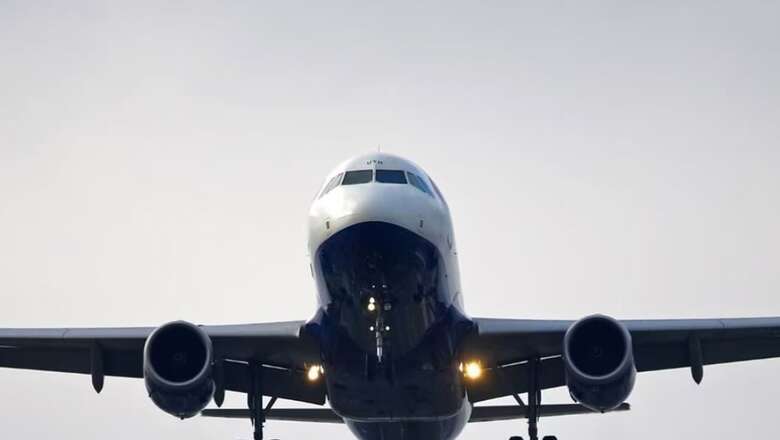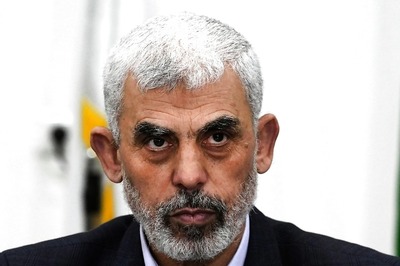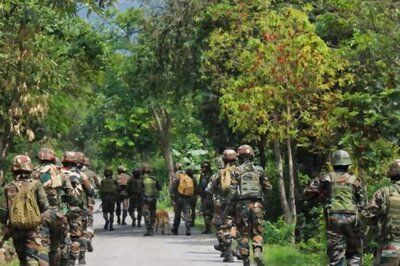
views
In a recent parliamentary session, the Union Civil Aviation Minister shed light on the complex world of airfares, revealing the workings of the Tariff Monitoring Unit aimed at keeping a check on the prices of 60 crucial routes.
The minister, responding to a query on airfares, explained that the Tariff Monitoring Unit diligently scrutinizes fares on a random basis, delving into the pricing dynamics 30 days, 15 days, 7 days, 3 days, 2 days, and 1 day ahead of scheduled flights.
Addressing the seasonal nature of the aviation sector, the minister emphasized that fare fluctuations are a global phenomenon. He highlighted, “From October to Mid-January is the high season, followed by the very low season until April-May when holidays commence. Then, there’s another high season until Mid-June.”
The minister further explained to lawmakers and citizens alike, stating, “Booking in advance ensures avoiding high fares. However, last-minute bookings, governed by the Reservation Bucket Designators (RBD) system, may result in increased fares.”
Acknowledging the financial challenges faced by airlines, the minister disclosed that in the past three years, airlines collectively incurred losses ranging from Rs 55,000 crores to 1,32,000 crores annually. He attributed this to the severe impact of the COVID-19 pandemic on the financial viability of airlines.
Highlighting the stark increase in Aviation Turbine Fuel (ATF) prices, the minister revealed that ATF costs, constituting nearly 40 percent of operational expenses, surged from Rs 55,000 per kilolitre to Rs 1,55,000 per kilolitre, tripling over the last three years. Despite this, he noted that airfares have not risen proportionally, showcasing the industry’s resilience in the face of economic challenges.
As ATF prices gradually stabilize, the minister reassured the public that the government remains committed to ensuring the sustainable operation of airlines, even in the ever-changing landscape of global aviation.


















Comments
0 comment